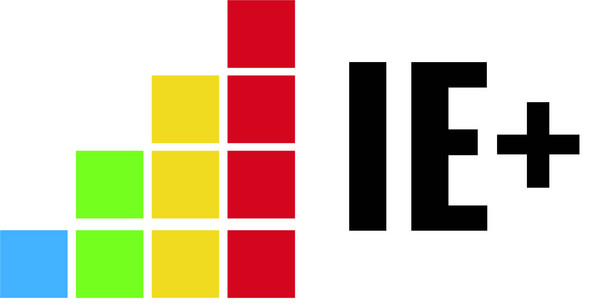Project Launch: Promoting positive attitudes and evidence-based policy for inclusive education

On 8th-9th March Brussels played host to the launch of the ‘Promoting positive attitudes and evidence-based policy for inclusive education’ (IE+) project, which aims to facilitate the transition towards inclusive education settings. The Erasmus+ funded project, which will run for 3 years, is focused on improving access to mainstream education by providing decision-makers (policy-makers and education providers) with information, training and tools that allow for evidence-based policy making.
Bringing together 7 partners from Belgium, Bulgaria, Greece, Spain and Portugal the kick-off meeting, held on 8-9th March, provided the project’s consortium the chance to discuss their aims and ambitions for the project and how they can be achieved.
The project’s consortium is made up of two European networks, two educational institutes and three national service providers. Together the European Association of Service providers for Persons with Disabilities, Inclusion Europe, Ghent University, the University of Salamanca, the National Association of Resource Teachers in Bulgaria, Kentro Koinonikis Frontidas Atomon Me Noitiki Ysterisi and Centro de Educação para o Cidadão com Deficiência will:
- Conduct research to calculate the economic and social benefits of inclusive education systems.
- Create a learning and training framework directly involving education providers and public authorities to provide evidence and training opportunities which will enable decision makers to develop polices which facilitate the transition towards inclusive education.
- Set-up of different National Network Groups (NNG) of experts on inclusive education to ensure the sustainability of the project’s outputs into the future.
To follow the project’s progress, view our webpage here.
For any questions please contact Rachel Vaughan
This project has received funding from the European Union’s Erasmus+ under grant agreement No. 2017-3338/001-001

